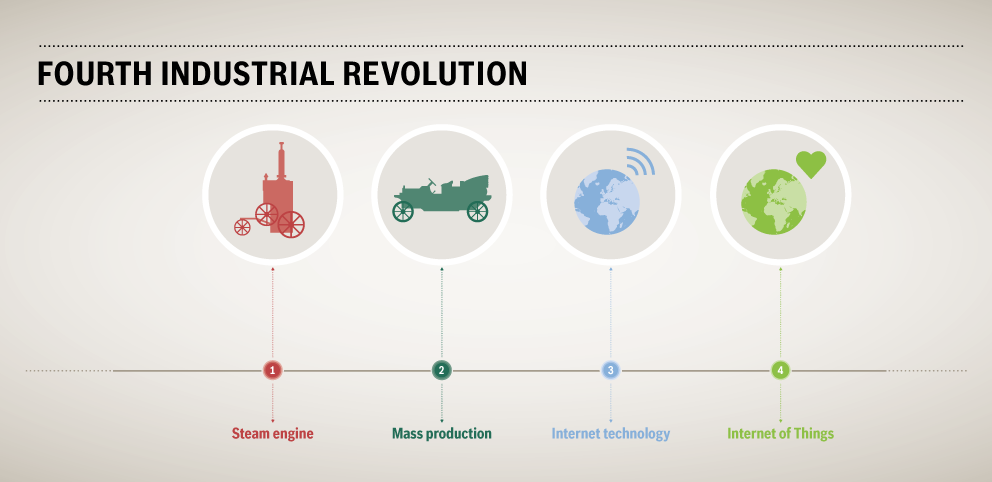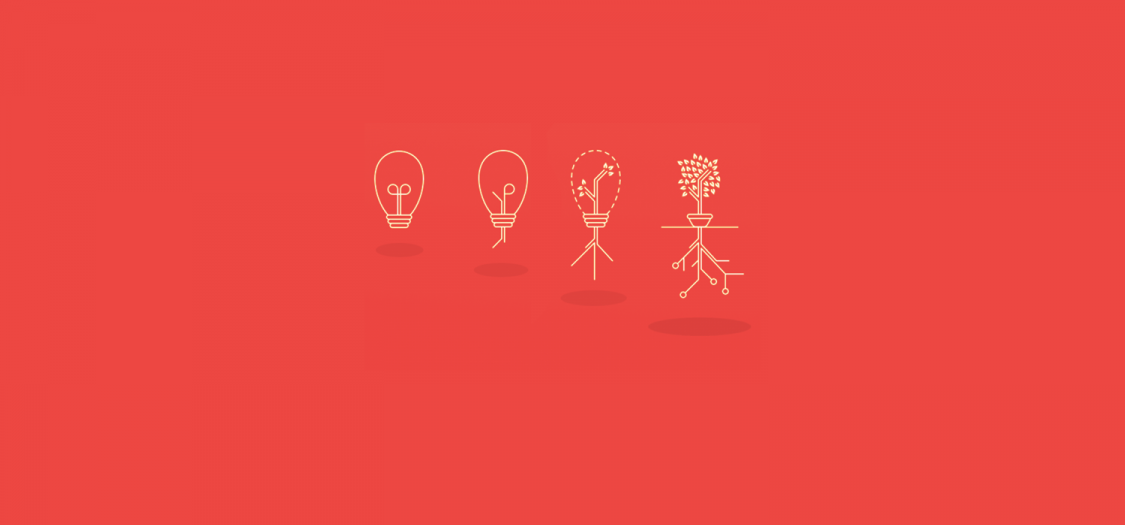

Friday 01 June 2018,
by Peter Mortimore
Individual technology advancements have been vast for the last 100 years, however, the convergence of these technologies we are seeing over the last few years, the speed, the velocity and disruption of change is something which has never been experienced before.
To put in context, what is today the widely adopted telephone took around 70 years to really penetrate the majority of households. The personal computer was around for 20 years before it became widely popular. The iPhone took Apple just 6.5 years to reach the penetration of half a billion in a global audience. In more recent years the likes of Uber are now collecting data points of over 40 million monthly users as we go about our daily business. For Facebook in the 13 years, it has been around, has become now the 2nd biggest organisation (in terms number of members) on the blue planet, only a small margin behind to the entire combined Christian religious sects of the world! So it’s clear the speed and intensity that technology is swarming over us is only increasing.

The 1st Industrial revolution in the 19th century broadly brought in the era of automated machines, mechanical innovations and large metal industrial machines which changed the landscape for factory workers and industry.
The 2nd Industrial revolution brought around the ability to mass produce through assembly lines and electrification.
The 3rd industrial revolution through the 1970s to the early noughties brought mainframe computing, personal computers and the internet.
Today we stand on the doorstep of the 4th industrial revolution where radical system-wide innovation can happen in only a few years. The intersection of nanotechnology, artificial intelligence, 3D printing, IoT sensors and computing power will create realities which we have previously thought unthinkable. Access to technology will mean almost anyone will be in a position to create new products and services cheaply and with rapid pace – this will disrupt and change the business model of each and every industry.
As the technology moves so fast, and the wave of excitement (by some) gears up to the possibilities ahead of us, It is important to ensure that we take stock, and ask the ethical question to ensure that this is used ‘for the good’. The balance between what we stand to win and what we might lose as a society is for another debate, but one thing for sure is that we must ensure that this evolution happens with humans centred at the core of it and not the technology. Much of the bad press that some of these technologies (such as Alexa recording a private conversation or the driverless car causing injury or death) are obviously not to be ignored, so ensuring that regulations and a universal code of ethics are established along with the technology development is equally as important in my view.
But what could this mean for the healthcare industry, a $7.5 trillion global annual spend industry? Few industries have the potential to be changed so profoundly by digital technology as healthcare, but the challenges facing innovators – from regulatory barriers to difficulties in digitizing patient data – should not be underestimated.
By almost any measure, global health has improved dramatically in recent decades. However, the current model for providing healthcare is being slowly torn apart by the opposing forces of an ageing population and greater restraints on government spending.
However, the revolution of technology which has built such momentum in the social conversation through the decades has provided an umbrella to another revolution which has unassumingly been happening – the genetics revolution!
Similar to technology, the human genome is an information processing device; just one produced by biology and evolution rather being programmed with a computer. The 4th industrial revolution will also power the automation of biology, and we stand on the cusp of an incredible take off of genomic technology.
Today, 4% of the world’s data collected is in health data, a relatively low percentage of the overall data collected. But this is changing…fast. By 2030 it is predicted that 41% of the world’s data collected will be related to health. With the application of various techniques from the Artificial Intelligence world to allow for large-scale biology automation, this is posing questions, both quantitatively and qualitatively, that have never been asked before. What is a disease for example, and how does this manifest itself against different genotypes? Rather than a blanket, one-size-fits-most approach, medical professionals will be able to personalize the treatment choices for patients based on a dataset consisting of information that is extracted from your genetic profile (which you have inherited from your family), your daily habits, where you live and other environmental factors. The cost of reaching these outcomes has dramatically decreased also. Decoding the first genome in 2004 costs hundreds of millions of dollars yet by today’s standards, machines can sequence 18,000 annually for around $1000. Companies or initiatives like 23andme have brought some aspect of DNA profiling to the consumer market while the ‘quiet’ revolution in the deep genetic profiling space by companies such as Foundation Medicine and Helix, is paving the way for a real revolution in healthcare and medicine as we know it.
Digital and healthcare are at the core of what we do at Nitro. We love to get into these aspects and how we can help realise, with our partners, the challenges intersecting digital and healthcare. These two frontiers will continue to collide, and ensuring that we do all we can to adhere to the basic principle of ensuring that we keep the human user at the heart of it all and, solve problems for the ultimate good.
Get in touch we’d love to chat more on this or tell us what you think?

